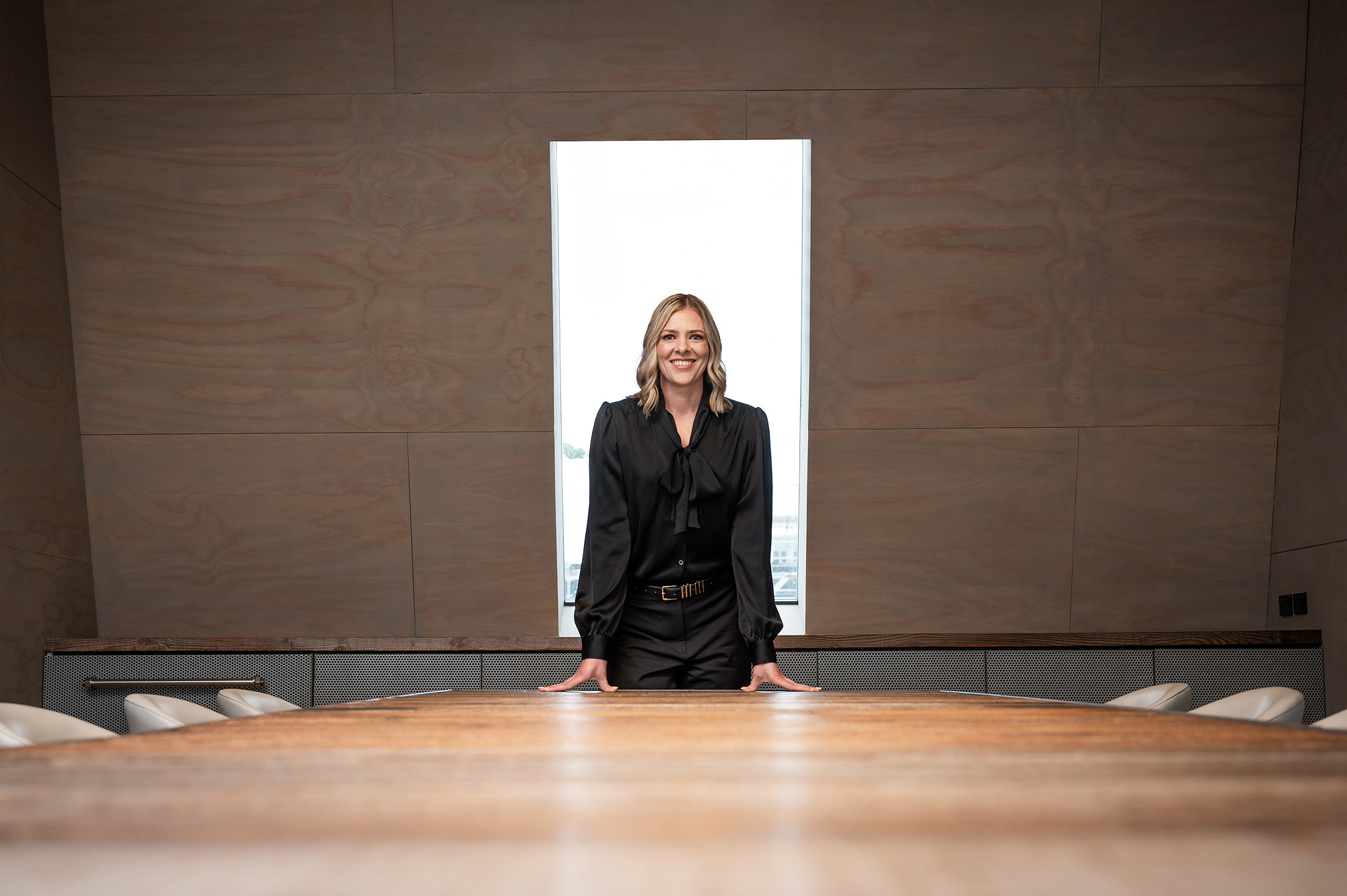My younger self was pretty combative. Always standing up for what I believed in, arguing the point, and trying to make others see it my way. The problem was – they didn’t.
These days, I’m no less principled and passionate; but my approach to influencing has changed dramatically. Some people think I do it this way to be nice; the truth is, I do it this way to be effective. Once you trigger defensiveness and a need to win in others, all logic goes out the window, the conversation degenerates, and the best idea definitely does not come out on top.
Contrast these two examples.
Many years ago, I walked into hospital with a sick child and told doctors what I thought was wrong. I wasn’t rude, but I clearly triggered something in them because they spent the next 14 days investigating every possibility – except the one I suggested. While I was eventually proven right, we probably would have got there quicker had I chosen a different approach.
A few years later, I called a specialist I’d never met. They’d seen my young son for the first time that day, and booked him in for urgent neck surgery. I was in shock. My son had been in a serious mountain-biking accident a couple of months earlier and was in neck and chest brace; but as I understood it, he was healing well. My instincts were screaming: No consultation! No informed consent! Why are we rushing! This doesn’t seem right!
But then logic kicked in: Keep the doctor on our team. Do not trigger defensiveness or a need to win. Reserve your judgements. Be curious. So, I asked a bunch of open questions. No pronouncements of fact. No harsh “why” questions prompting them to justify themselves and entrench them in their position. This helped me uncover the disconnect: the doctor’s recommendation was based on the initial scans; my impressions were based on all the clinical observations since. Long story short – surgery was cancelled, a decision supported by 5 other doctors who reviewed his case. And today, I have a fit and healthy 16-year-old unencumbered by the lifelong limitations surgery would have imposed.
In my experience, we often agree more than we realise, or have different conclusions because we have different information or objectives. Now whenever I’m tempted to say: “I have to disagree with you there…”, I challenge myself to first ask lots of questions – to understand their aims, their reasoning or to reframe my reservations (e.g. “We can’t implement that” becomes “How might we implement that?”) I definitely don’t always achieve it, but when I do, the outcome is way better for everyone.

Comments are closed.